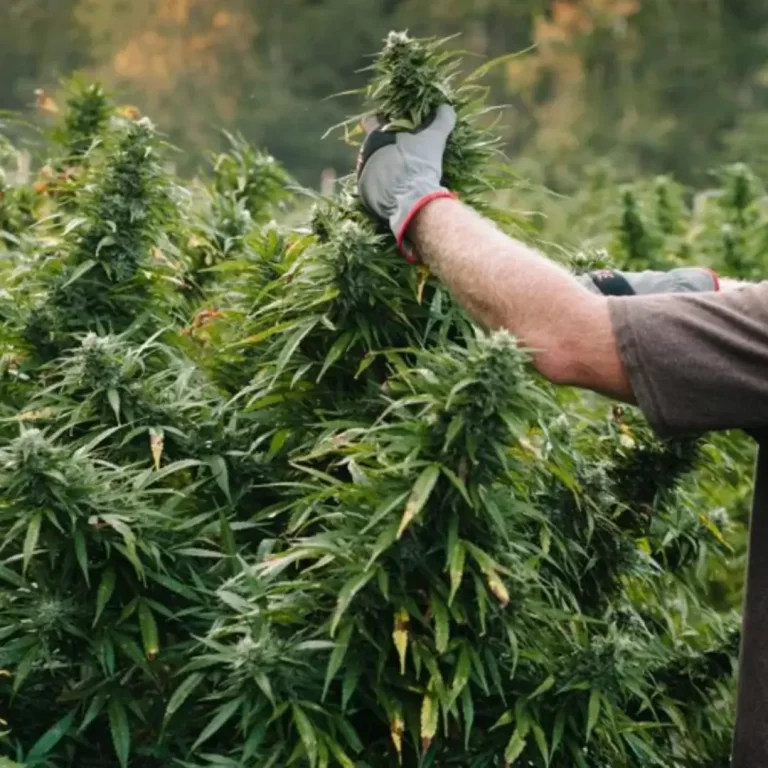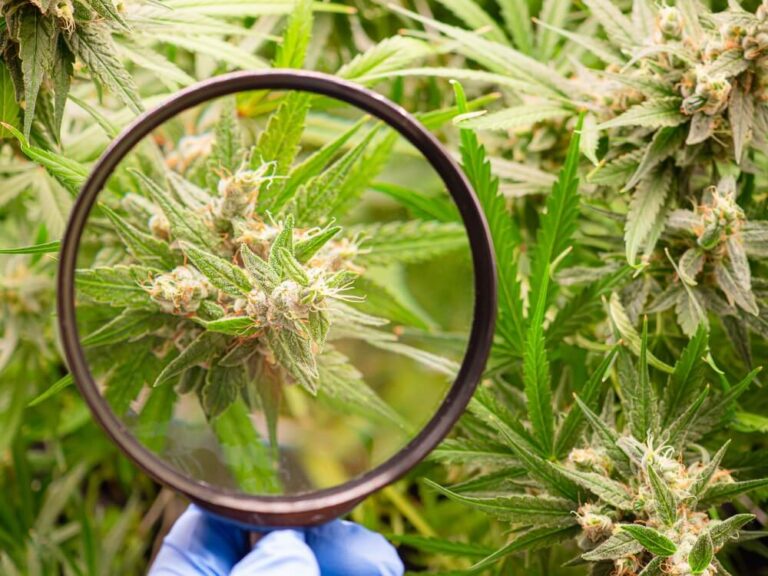
New York’s legalization push is stalled, but sales on Indian reservations are booming
- Cannabis News
- Cannabutter Digest
Politico reports that, over the course of the last year, almost 20 new marijuana dispensaries have opened up on the Seneca Nation of Indians reservation in Salamanca, New York. Many of these dispensaries operate without license, using general stores and gas stations as storefronts for their cannabis products.
Earlier last year, the state of New York legalized marijuana for recreational adult use. All state and privately-operated dispensaries will require licenses to operate– so why are the dispensaries on the Seneca Nation of Indians’ reservation permitted to operate license-free?
According to State officials, the tribal governments have sovereignty over the land and are permitted to create their own regulations for the cultivation, production, and sale of marijuana products on the reservation.
Since this ruling, the Seneca reservation has enjoyed a market boom, as they are the most convenient place to purchase legal marijuana products for many New Yorkers. Although cannabis products have been legalized for adult use, New York lawmakers are still developing policy and are expected to have a finished Marijuana Regulation and Taxation Act before in the coming months. Because of this, New Yorkers still do not have legal access to cannabis products outside of the Seneca Territory.
In fact, New York cannabis distributors may have to wait as long as until the end of the year for the state Office of Cannabis Management to settle on a set of regulations that ensure equity across the board.
Although the Seneca Territory has appreciated a market boom over the last several months, lawmakers and Seneca cannabis distributors are working to find sustainable and equitable solutions for legally sourcing hemp seed and other marijuana cultivation products. Additionally, the taxation of cannabis sales on the reservation may be a point of contention in future discussions.
One possible arrangement between the state and Native American tribes like the one at the Seneca Territory is a state compact. This would allow tribes to integrate their cannabis market into the state’s once recreational markets are set in place with proper regulations and funding. Whether or not tribes would wish to participate in this integrated market is unclear, as their tribal sovereignty affords them more freedoms than they would otherwise experience under the federal market.
Additionally, tribal governments are not subject to the federal guidelines for their cannabis market operation, meaning they are permitted to sell marijuana products at whatever price they see fit. This could ultimately have a significant impact on the state market, as New Yorkers already make the drive to reservations for gasoline and other commodities– what’s to stop them from doing the same with cannabis products?
State lawmakers worry that this could negatively impact the outlook for the state cannabis market, but whether tribal governments will participate in any kind of compact or taxation agreement remains unclear.
One of the biggest ongoing discussions in New York’s cannabis policy development has been achieving a socially equitable framework. Under the revised policy, Native Americans may be eligible to apply for social equity licensure.
The Seneca Territory is not alone in its fast dominance of the state cannabis market; tribes across the nation are claiming sovereignty over state regulations to cultivate and distribute marijuana products. States like California, New Mexico, Washington, and Montana all play host to booming cannabis markets on Native American reservations.
The first tribe in the state of New York to exercise their sovereignty over federal cannabis regulations in this way was the Saint Regis Mohawk Tribe. Mohawk cannabis dispensaries ascertained New York cannabis business and cultivation licenses at the end of last year.
They hit a roadblock, however, when the Mohawk tribal council sought to approve all cannabis retailers’ operations and facilities before the dispensaries commenced sales.
This brought on a struggle for power between Mohawk dispensaries and the tribal council that was eventually settled in tribal court, as the community was concerned with the risks cannabis sales posed to their community,which was already disproportionately vulnerable to factors like COVID-19.
While this tension between local governance and “rogue” dispensaries is present within Native American communities, it is an issue which pervades many cannabis markets across the state of New York.
In fact, the Office of Cannabis Management has made many efforts to curb similar actions from dispensaries across New York City. CBD shop owners and other New Yorkers complain of unclear guidelines over what is and is not legal amid decisions from the Office of Cannabis Management and a finished Marijuana Regulation and Taxation Act.
Despite the trouble surrounding statewide cannabis regulations, marijuana dispensaries continue to thrive on Native American reservations like the Seneca Nation. Questions of regulations on the reservation have arisen, as some community members have expressed concerns over the quality of cannabis products, the penalty for underage use, and other health and safety issues.
While the Seneca Nation has made no official statement regarding their relationship with the tribal dispensaries at this time, state lawmakers are concerned with the fact that the territory is not subject to state taxation.
Others would cite this as an unfair prejudice against the Native American retailers, who have historically been made to forfeit their own markets to state-imposed taxes after their tribal sovereignty initially granted them exemption.
As with the 2011 state-implemented tax on cigarettes sold on the reservation, some speculate that New York may impose a similar tax on cannabis sold to any nonnative customer. Ultimately, this would result in a depleted market for tribal dispensaries, so it is unclear whether such a tax would be imposed.
In any case, under interstate commerce law, Native American dispensaries will likely be unable to import cannabis for production and sale. This means that tribal dispensaries will have to cultivate, produce, and sell marijuana entirely on the reservation.
Any tribal dispensary which seeks to sell beyond the reservation’s territory will have to agree to a state compact.
For the present, New York is the state to watch as decisions regarding tribal sovereignty and federal cannabis regulations are made. As more states approach broader cannabis policy reform, decisions like these will become increasingly important for the future of marijuana policy and cannabis advocates alike.






